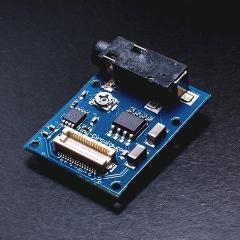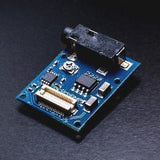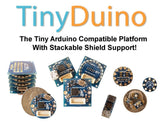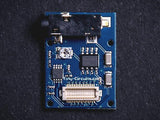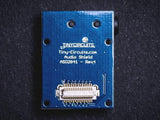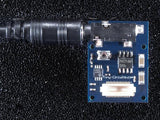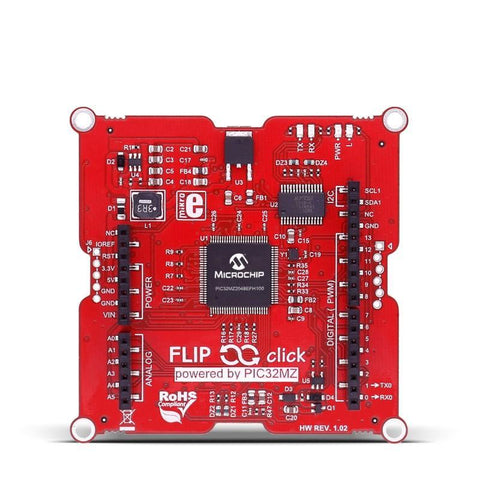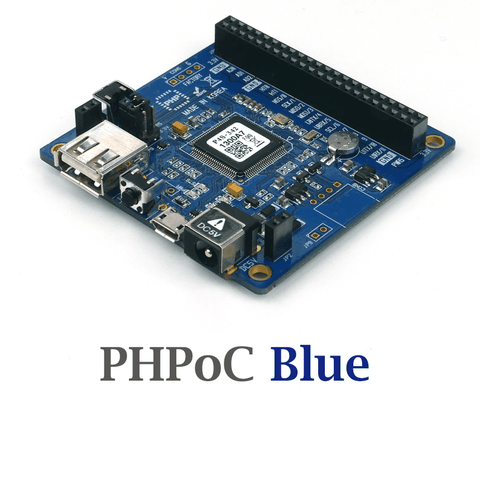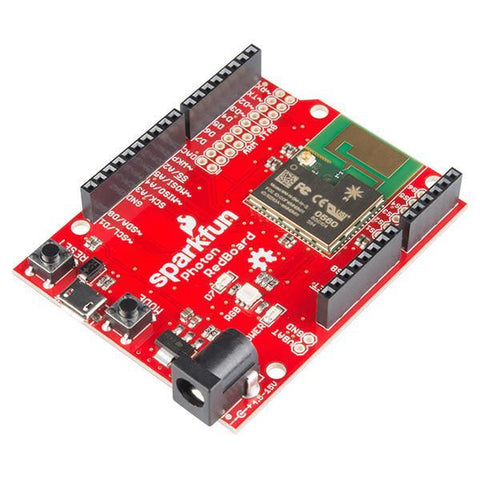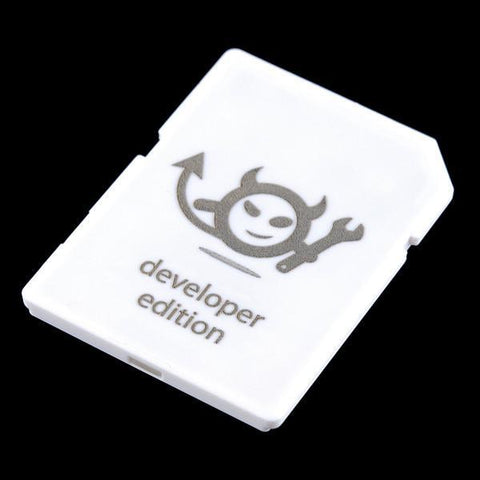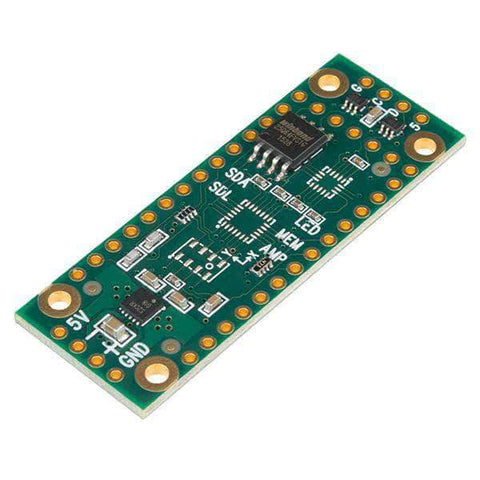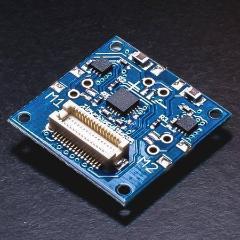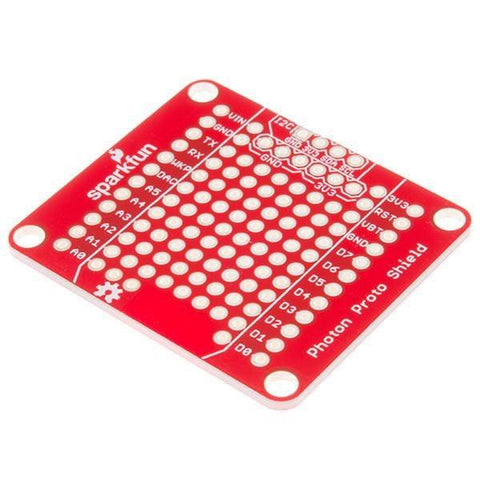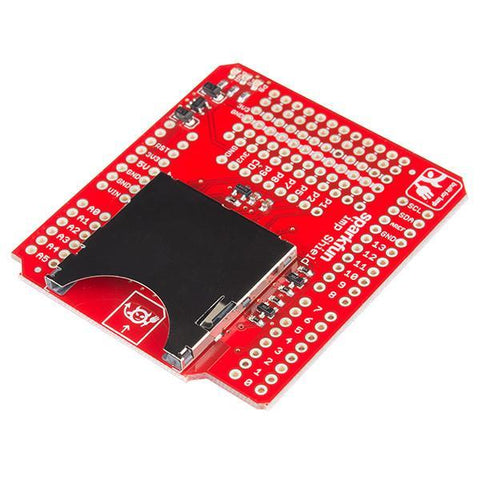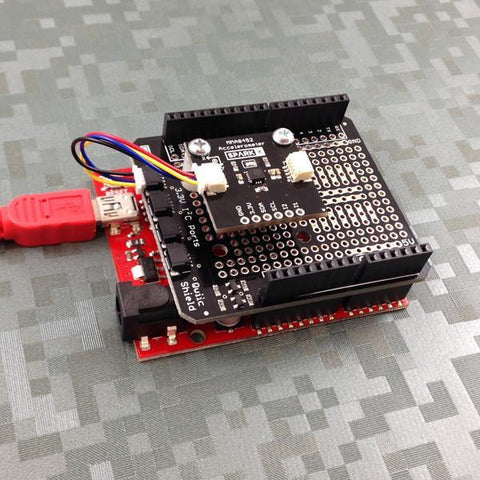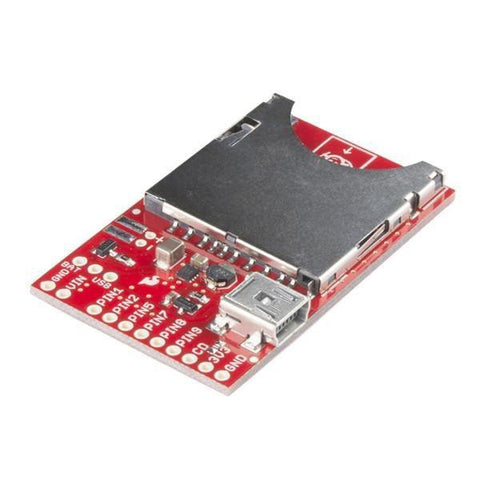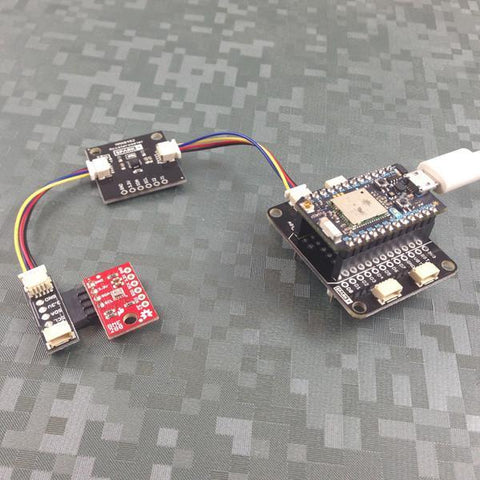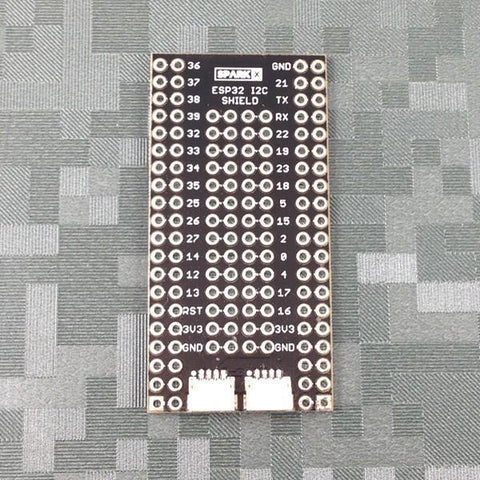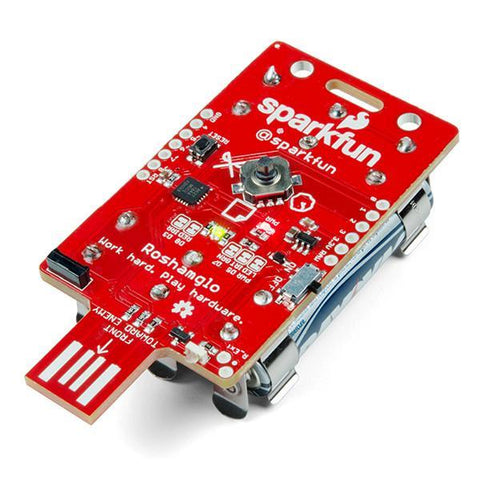Audio TinyShield - TinyCircuits
Audio TinyShield - TinyCircuits
This TinyShield makes it incredibly easy to add audio support to your TinyDuino projects. It has an onboard DAC, filter and amplifier for great sound quality. It can play any size uncompressed 22kHz, 16bit mono Wave files (.wav) directly off a microSD card (a microSD TinyShield is also required for this).
The audio output is mono on both the L and R channels, and uses a standard 3.5mm headphone jack connector. An onboard potentiometer can be used to control the volume. This TinyShield is completely compatible with the Arduino waveHC Library from Adafruit for playing wave files from a microSD card.
To learn more about the TinyDuino Platform, click here
TECHNICAL DETAILS
To see what other TinyShields this will work with or conflict with, check out the TinyShield Compatibility Matrix
Audio Specs
- Microchip MCP4921 12-bit Digital-to-Analog Converter (DAC)
- Audio Output: mono on both the L and R channels on standard 3.5mm headphone jack
- Volume Control: Manual onboard potentiometer
- Wave file streaming: Can play any size uncompressed 22kHz, 16bit mono Wave files from a microSD card
TinyDuino Power Requirements
- Voltage: 3.0V - 5.5V
- Current: 5 - 20mA. Due to the current, this board should not be run using the TinyDuino coin cell option
Pins Used
- 2 - DAC_CS: This signal is the chip select for the audio DAC
- 3 - DAC_SCK: This signal is the serial clock for the audio DAC
- 4 - DAC_SDI: This signal is the serial data in for the audio DAC
Dimensions
- 24.14mm x 20mm (1.07 inches x .787 inches)
- Max Height (from lower bottom TinyShield Connector to upper top TinyShield Connector): 7.81mm (0.307 inches)
- Weight: 2.1 grams (.07 ounces)
NOTES
- The 3.5mm jack extends past the end of the board and is fairly tall. Normal size TinyShields (20mm x 20mm) can stack on top of this TinyShield; however, boards that are longer (like the WiFi TinyShield) cannot be stacked directly on top.
- Microchip MCP4921 DAC Datasheet
- Schematic
- Eagle Files
- Sample Arduino code (use the Adafruit waveHC Library)


